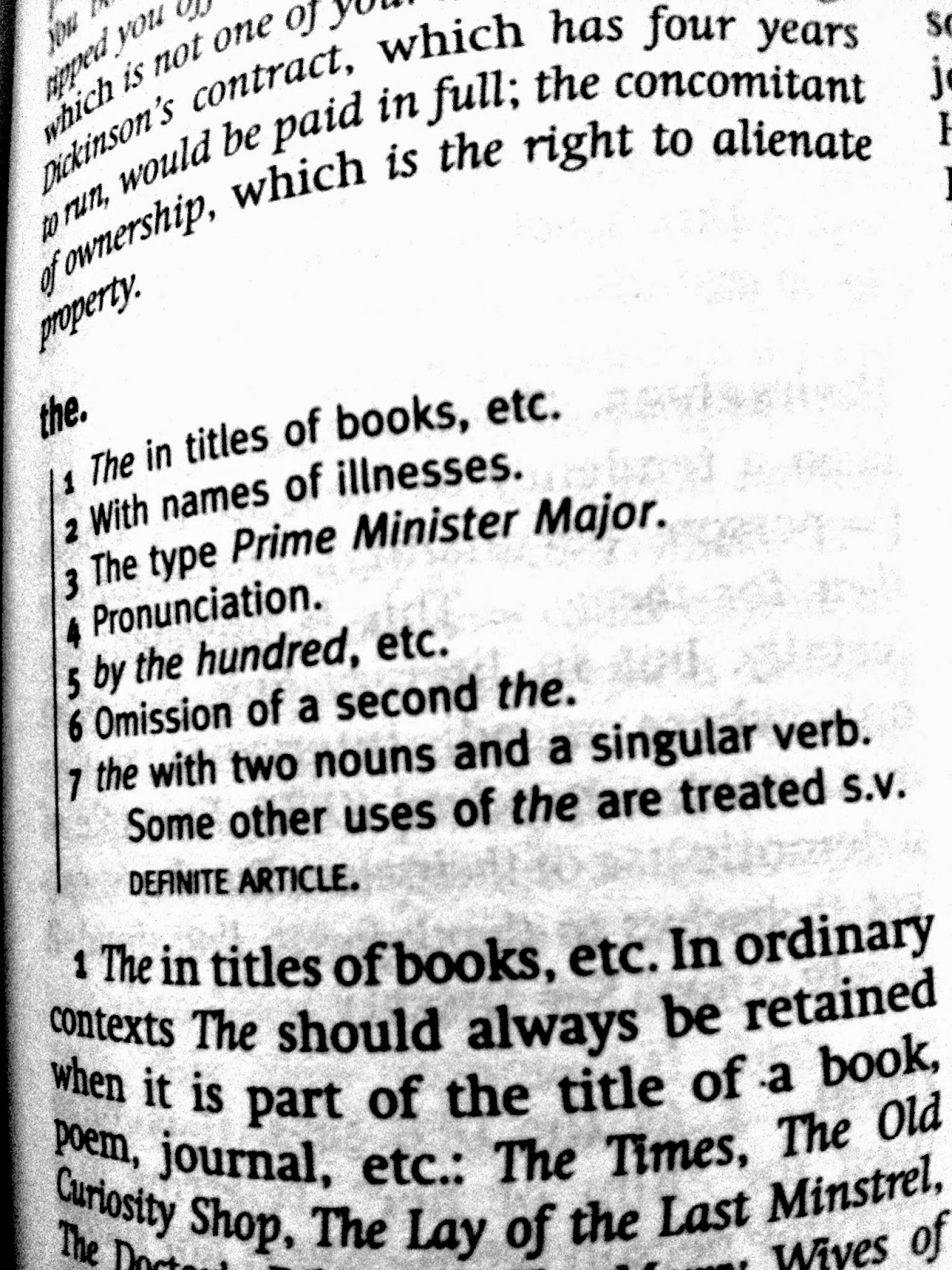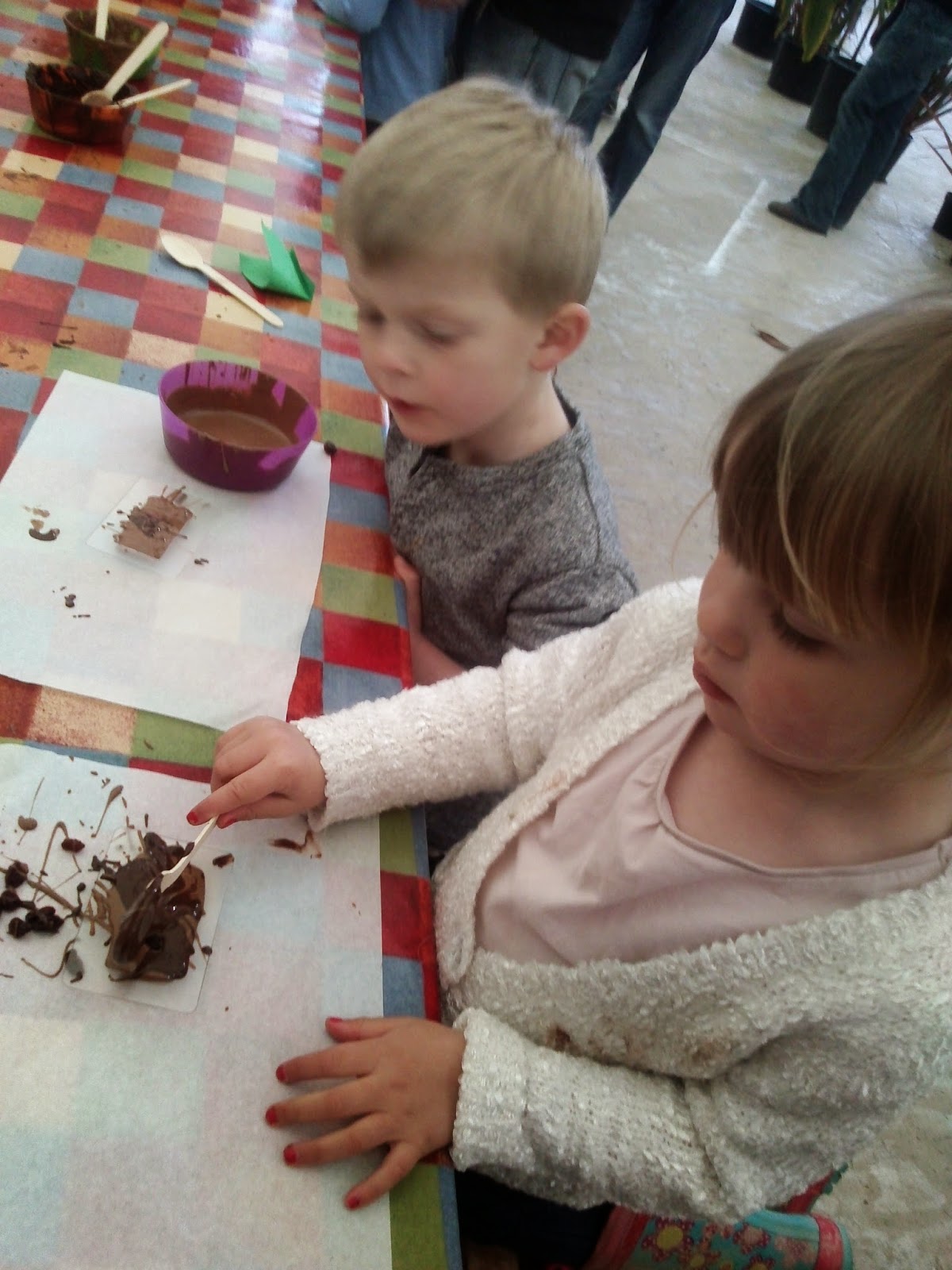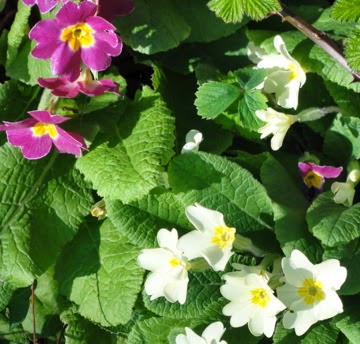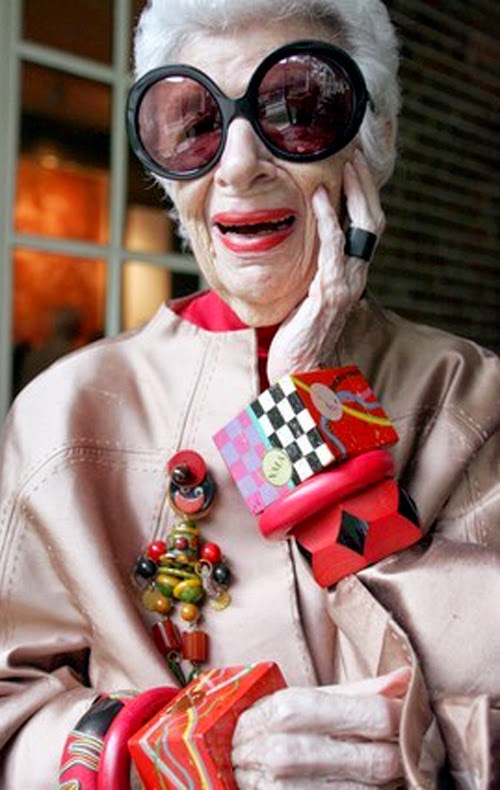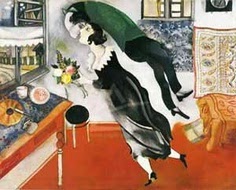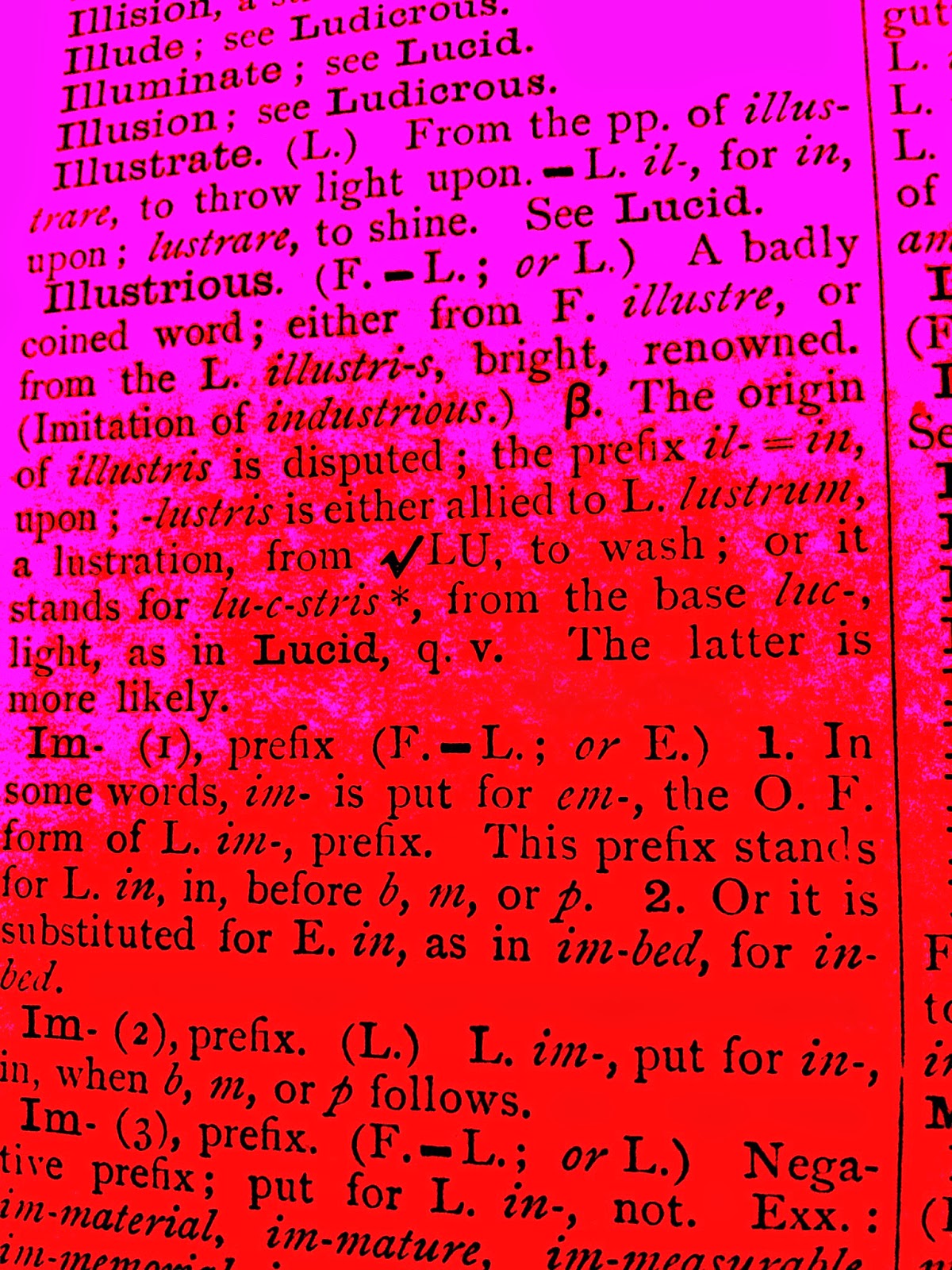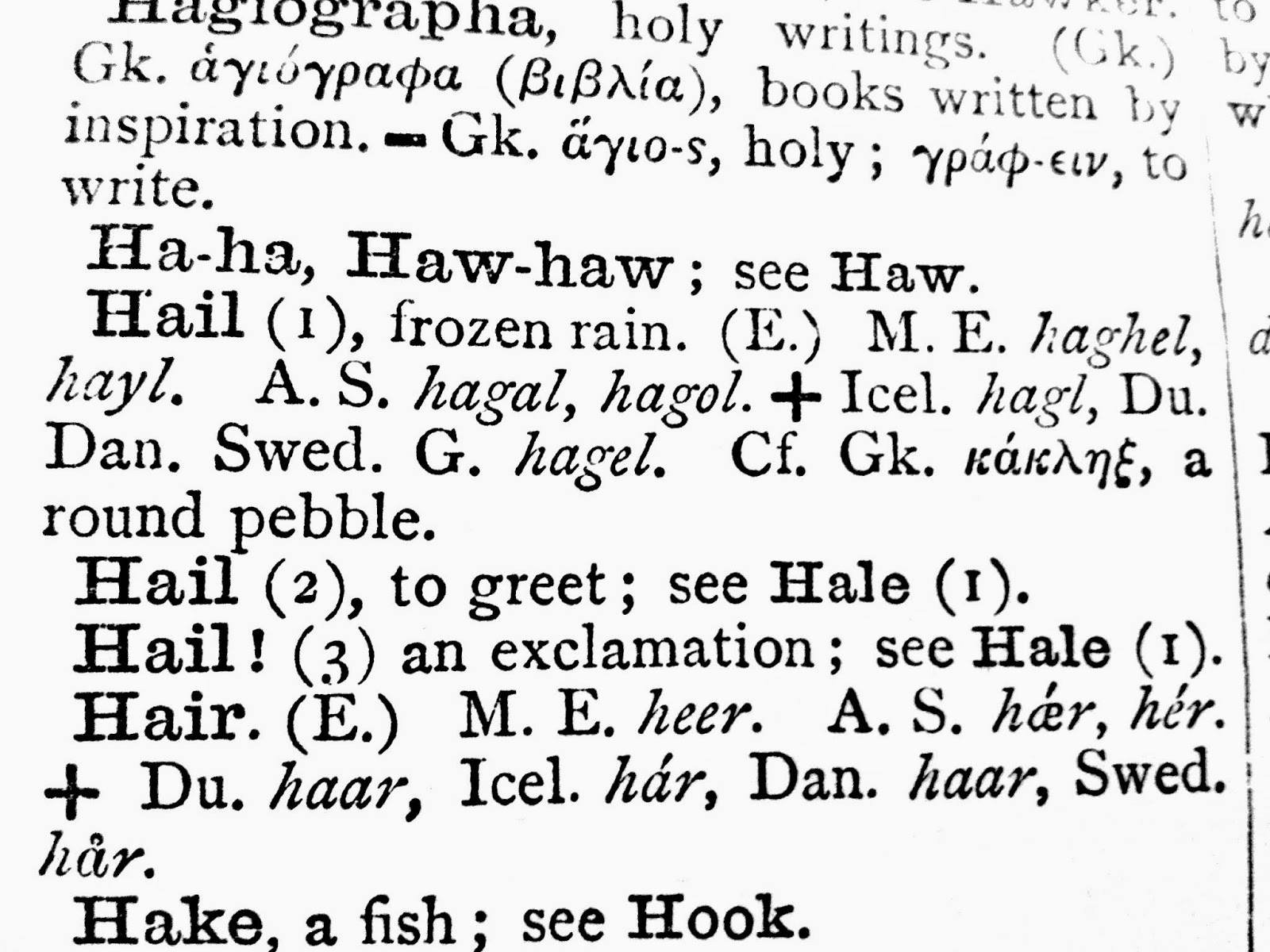Vice
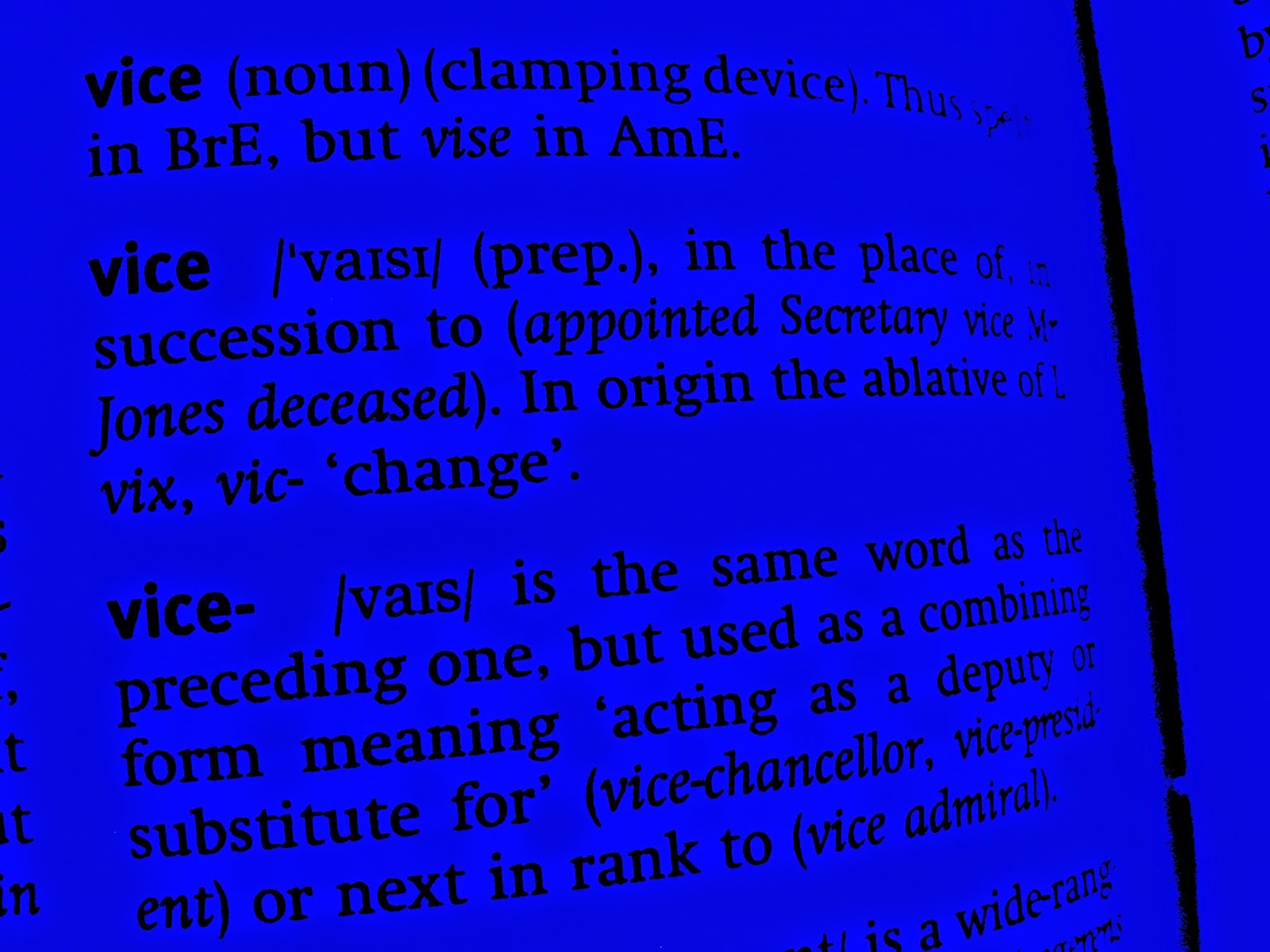
Potentially edgy, I thought, on first reading today's random word, though Fowler's is concerned with the noun signifying a clamp (vise, in American English, this word coming from the Latin for 'vine') and the titular application, as in vice admiral (meaning next in line or in place of. This word from the Latin for 'change.') But the idea was to take the word as a starting point: was it? I forget my own purpose, here, and stare out of the window. Daydreaming like most habits can be considered as a positive behaviour or as a vice (the naughty kind, which word stems from the Latin for 'fault.') It is a matter of perception and balance. Cake, for example, and let's make it a big creamy chocolate stack, is not packed with nutritional necessities. A lot of it will cause you harm. A little (or enormous) slice now and then, however, is a reminder to have fun in your life. If you get the balance wrong, your health suffers. It would be sensible to r

